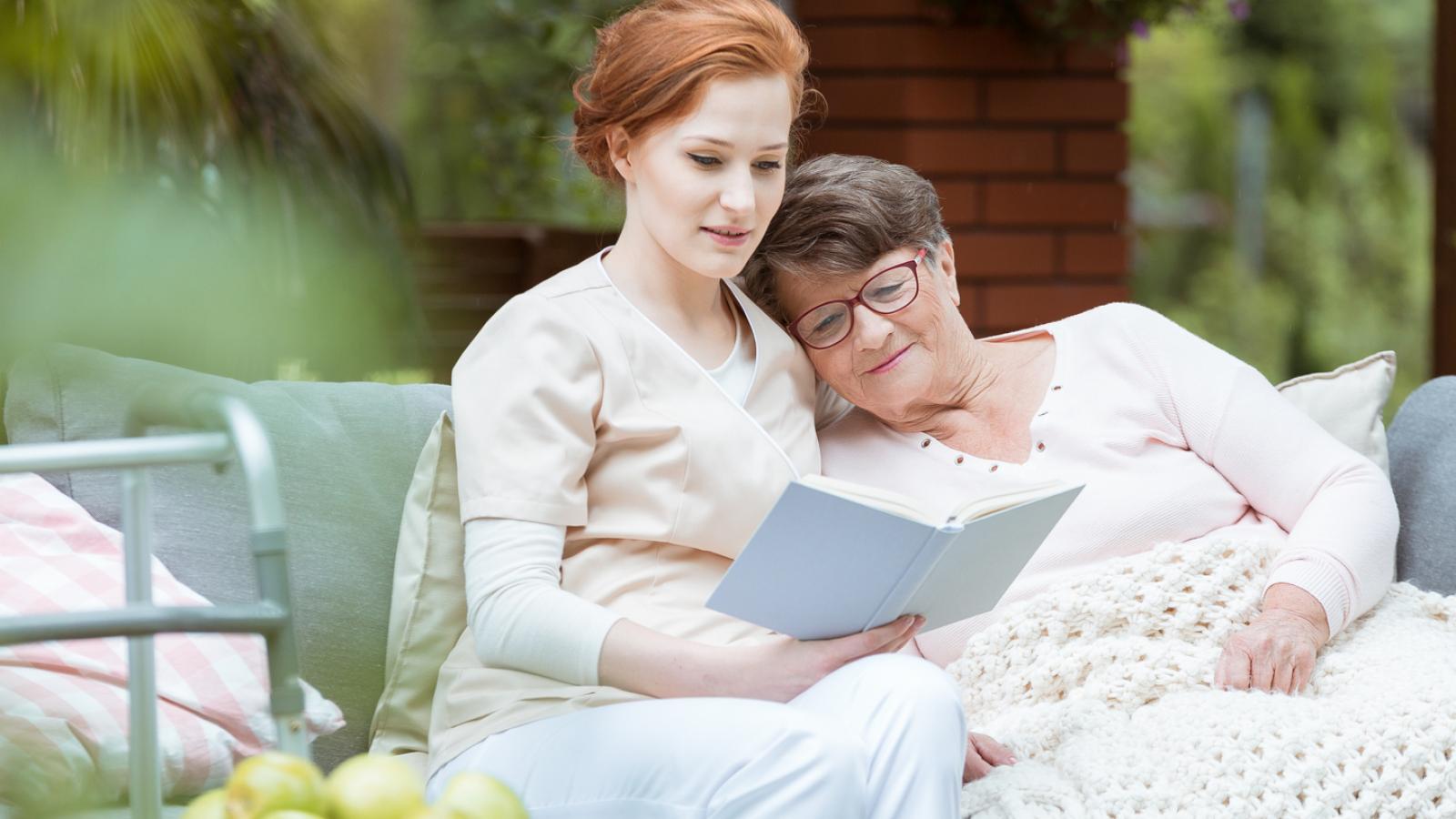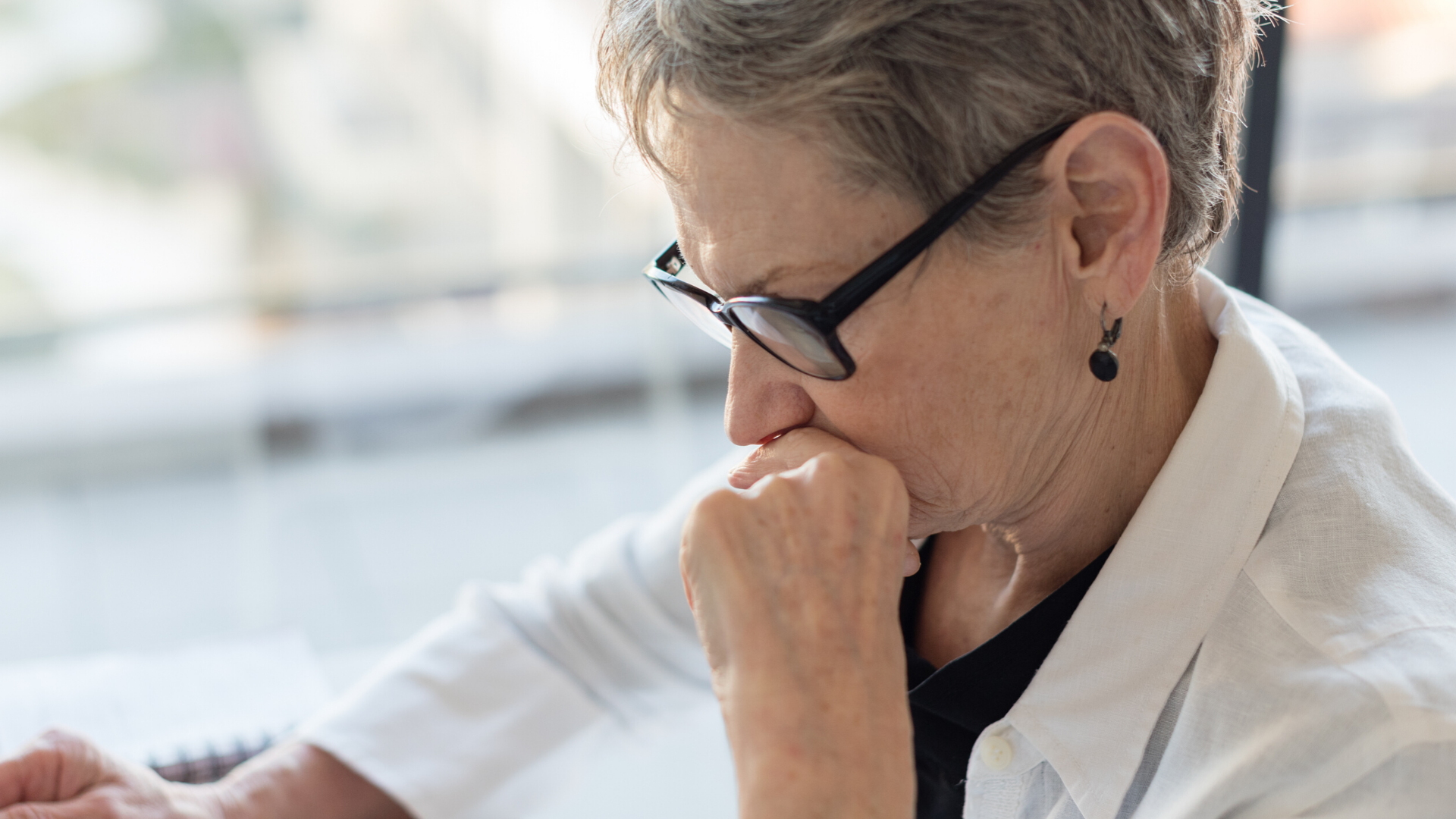What does a carer do?

A carer provides ongoing care to a person who needs help because of an illness, disability or frailty. This can mean giving nursing and personal care at home, supporting someone emotionally or dealing with practical matters such as housework or managing money. A carer could be a family member, partner, friend or neighbour.
A carer is often the person who knows the most about the patient and cares deeply about them. A carer is also often the link between the patient and all the other people caring for them.
How does it feel to be a carer?
Caring can be a special time that brings you and your loved one closer together. Some people get a lot of satisfaction from helping their loved one when they are sick.
The caring role can also be challenging, both physically and emotionally. At times you may feel overwhelmed by caring as it can be tiring, frustrating, distressing and isolating. This may particularly be the case if you became a carer overnight and feel that you are not experienced to handle the care of your loved one.
Types of care
As a carer you will probably provide different types of care at different times. This can be roughly divided into three main areas:
- Medical care: For example, giving medications and nursing or personal care
- Practical care: For example, giving lifts, shopping, cooking and cleaning
- Emotional care: Providing a listening ear, sympathy and support
It can be hard to manage all these different types of care, especially if you don’t feel confident about taking on these responsibilities. For example, a lot of carers feel nervous about providing medical care.
Young carers
Young carers are children, teens and young adults aged under 25 who help to support a family member or friend with cancer. We have information for young carers.
Relationships with other people
As well as your relationship with the person who is unwell, you may also find that your relationships with other people change.
You may find it hard to ask for help or feel frustrated or upset if people aren’t supporting you. If you are caring for your partner, this can put a strain on your relationship or change your relationship in ways that you find hard to adjust to. We have advice to help you manage relationships.
We're here for you
If you or your family have any questions or worries, want to know where to get support, or if you just need to talk, you can talk to one of our cancer nurses in confidence. To get in touch:
- Call our Support Line on Freephone 1800 200 700
- Drop into a Daffodil Centre
- Email us: supportline@irishcancer.ie

Your GP, local cancer support centres, carers’ organisations such as Family Carers Ireland and Care Alliance Ireland, counsellors, online communities and cancer support groups are all there to help you and your family and friends.
Hints and tips for carers
- Get organised. Try to divide up the caring and other practical and financial jobs so that everyone can help and you are supported from the start.
- Accept help. If people don’t offer help, don’t be afraid to ask. Suggest specific jobs that people can do and let them know how much you appreciate their help.
- Look after yourself. Don’t forget to take care of your own physical and emotional health.
- Be kind to yourself. Don’t expect too much from yourself. Caring can be hard. You are doing a wonderful thing by taking on this role. You can only do your best.
- Take time out. And don’t feel guilty about it! It’s good for you and the person you are caring for if you get regular breaks from the demands of being a carer.
- Connect with other carers. Join a support group or online community. It can be really helpful to talk to other people in a similar situation.
For more information
Phone
1800 200 700



